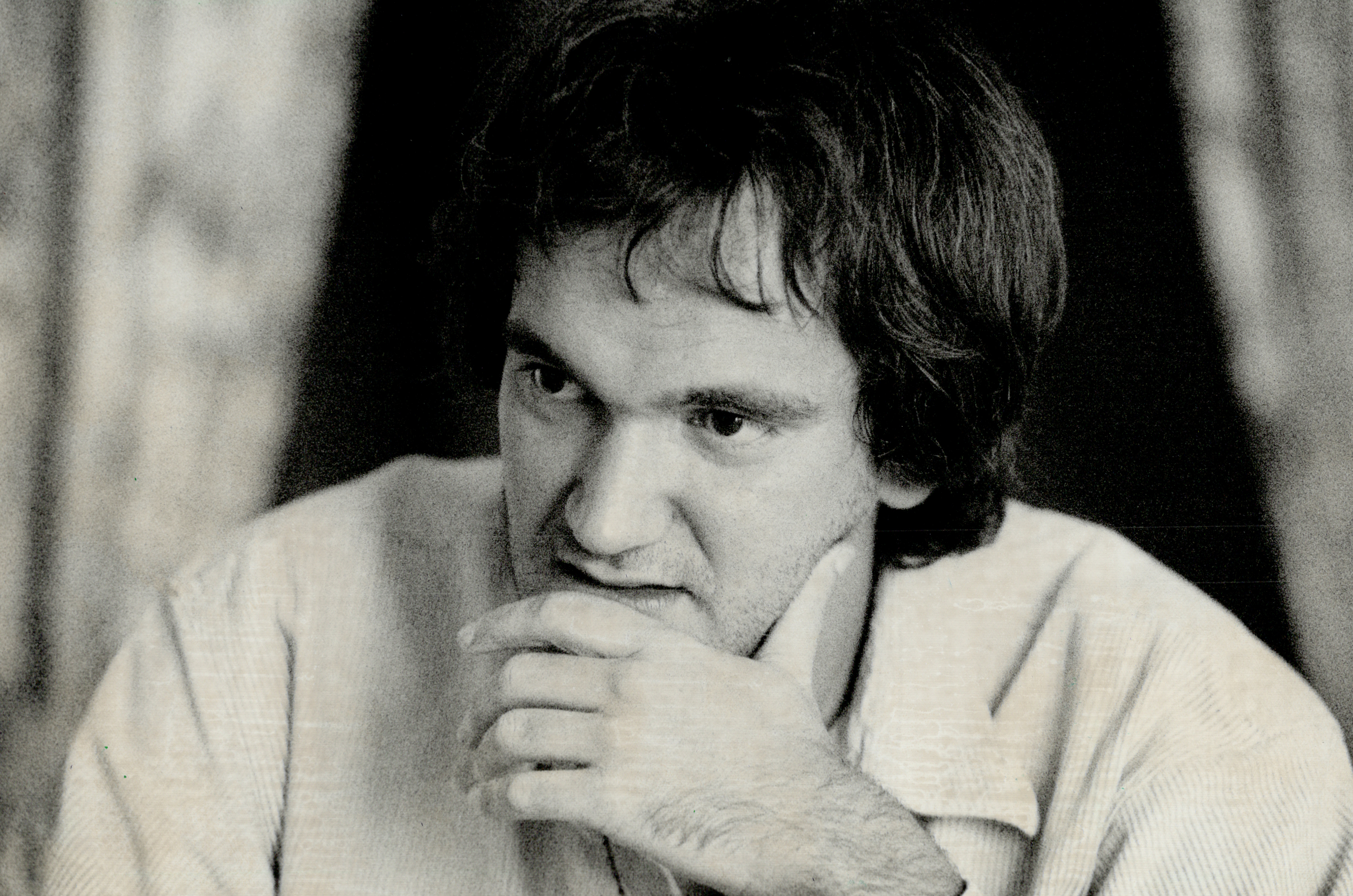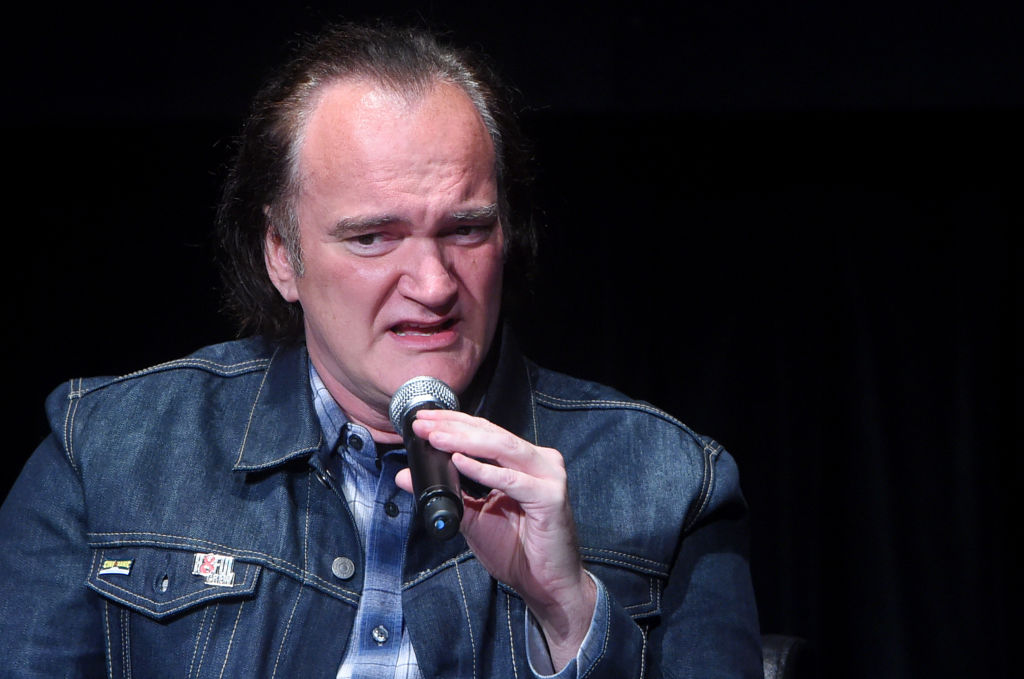In a new interview with Deadline, Quentin Tarantino responded to the recent New York Times interview with Uma Thurman, in which Thurman details her near-death experience during a car crash scene in Kill Bill that Tarantino had reportedly coerced her into filming. In the NYT piece, Thurman said: “Quentin and I had an enormous fight, and I accused him of trying to kill me. And he was very angry at that, I guess understandably, because he didn’t feel he had tried to kill me.”
Thurman later posted unedited footage of the botched stunt crash, which she said left her in a neck brace with a concussion and other injuries, writing that Tarantino had provided her with the tape and that she believed that “he did so with full knowledge it could cause him personal harm, and i am proud of him for doing the right thing and for his courage.”
In the Deadline interview, Tarantino talks about the day of the crash in detail, recalling driving himself on the road to make sure there were no irregularities prior to shooting. “I am guilty, for putting her in that car, but not the way that people are saying I am guilty of it,” he said. “It’s the biggest regret of my life, getting her to do that stunt.”
Later in the interview, Tarantino described his behavior in Thurman’s trailer while trying convince her to put aside her reservations and do the driving scene. “Far from me being mad, livid and angry, I was all…smiley. I said, Oh, Uma, it’s just fine,” he said. ” You can totally do this. It’s just a straight line, that’s all it is. You get in the car at [point] number one, and drive to number two and you’re all good.”

Also Read
Quentin Tarantino: Our 1992 Interview
Tarantino told Deadline that he knew that the Times article was coming, and that he’d worked with Uma to find the original footage of the car crash this year. “There was an element of closure. She had been denied it, from Harvey Weinstein [who produced Kill Bill] , being able to even see the footage. I wanted to deliver it to her, so she could look at it.” When asked whether he thought Weinstein had withheld the footage from Thurman so she wouldn’t sue, Tarantino said: “Yes. I can only imagine that was Harvey’s mindset on it.”
The director also responded to Thurman’s claims that he insisted on personally spitting in her face and choking her with a chain during other scenes in Kill Bill. “Michael Madsen had snuff juice,” Tarantino explained, detailing the logistics of the spitting scene. “And you see him spit out a stream of snuff juice. Cut to Uma’s face, on the ground and you see it hit her. Naturally, I did it. Who else should do it? A grip? One, I didn’t trust Michael Madsen because, I don’t know where the spit’s going to go, if Michael Madsen does it. I talked to Uma and I said, look. I’ve got to kind of commit to doing this to you.”
In regards the strangle scene, which the director said he only participated in for close-up shots, Tarantino claims Thurman encouraged him to make the violence more realistic. “It was Uma’s suggestion,” he said. “To just wrap the thing around her neck, and choke her. Not forever, not for a long time. But it’s not going to look right. I can act all strangle-ey, but if you want my face to get red and the tears to come to my eye, then you kind of need to choke me.”
Tarantino also discussed how he responded to Thurman telling him about Weinstein’s abusive behavior toward her in 1994, around the time of the release of Tarantino’s film Pulp Fiction, which Thurman starred and which Weinstein produced. “I made Harvey apologize to Uma,” Tarantino told Deadline. “In the [NYT] Maureen Dowd article it says, that is when Quentin confronted Harvey? Well, my confrontation was saying, you have to go to Uma. This happened. You have to apologize to her and she has to accept your apology, if we’re going to do Kill Bill together.”
He continued: “Harvey was really good at saying, well, the reality is there was this, that or the other thing…and frankly, if you don’t know the people who are being talked about, you could give somebody the benefit of the doubt. I this case, I wasn’t giving Harvey the benefit of the doubt.”
Read the full interview here.




